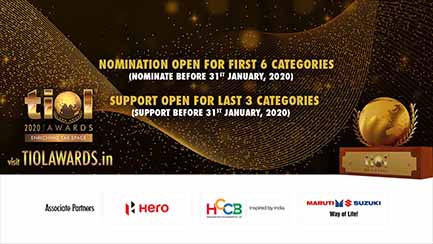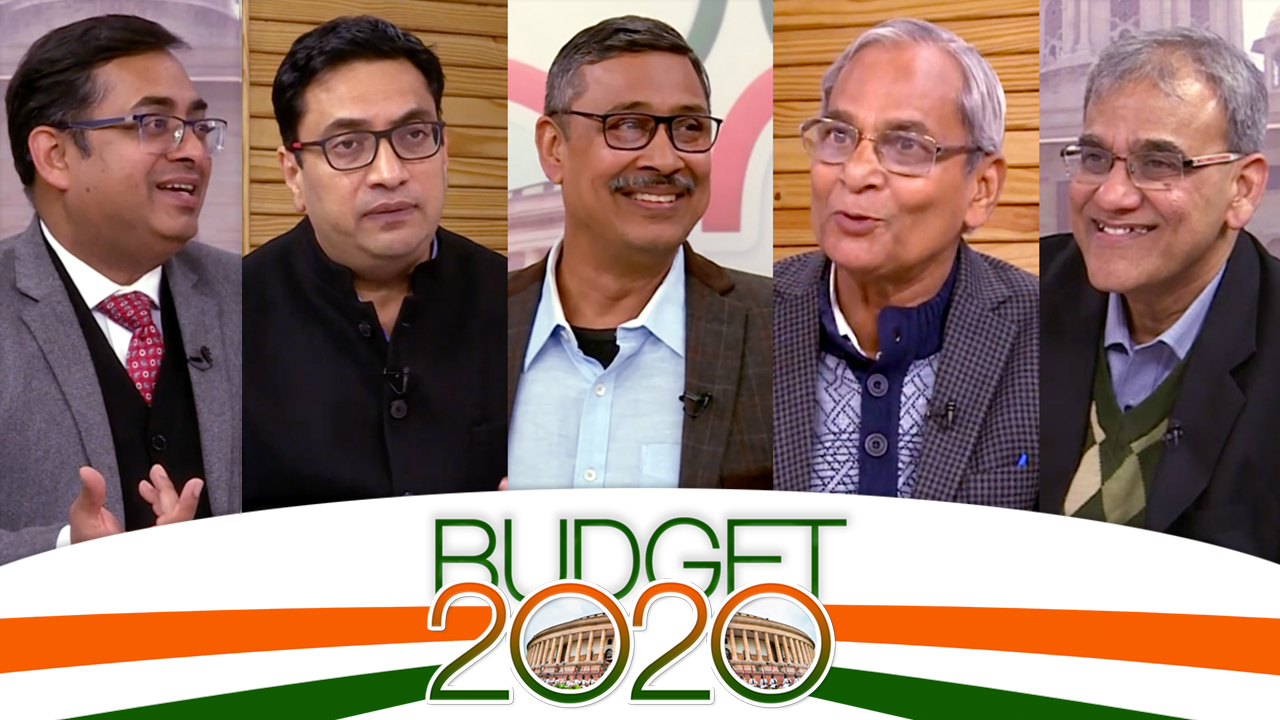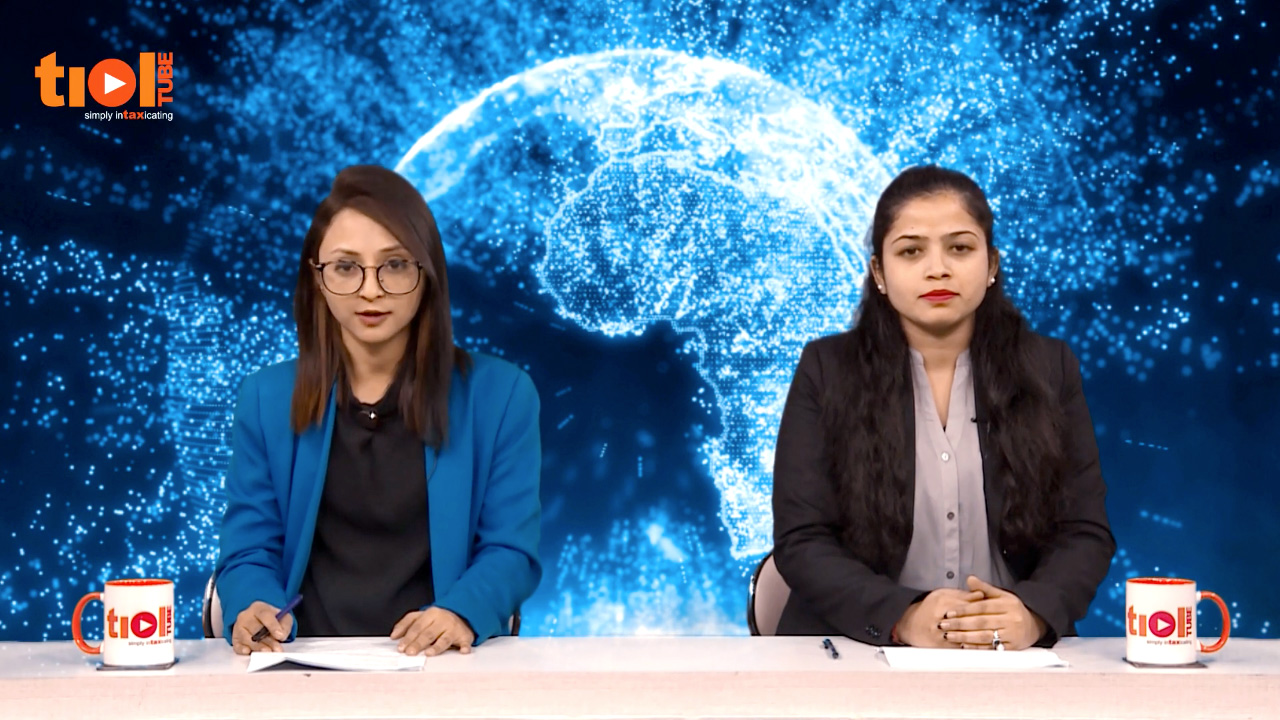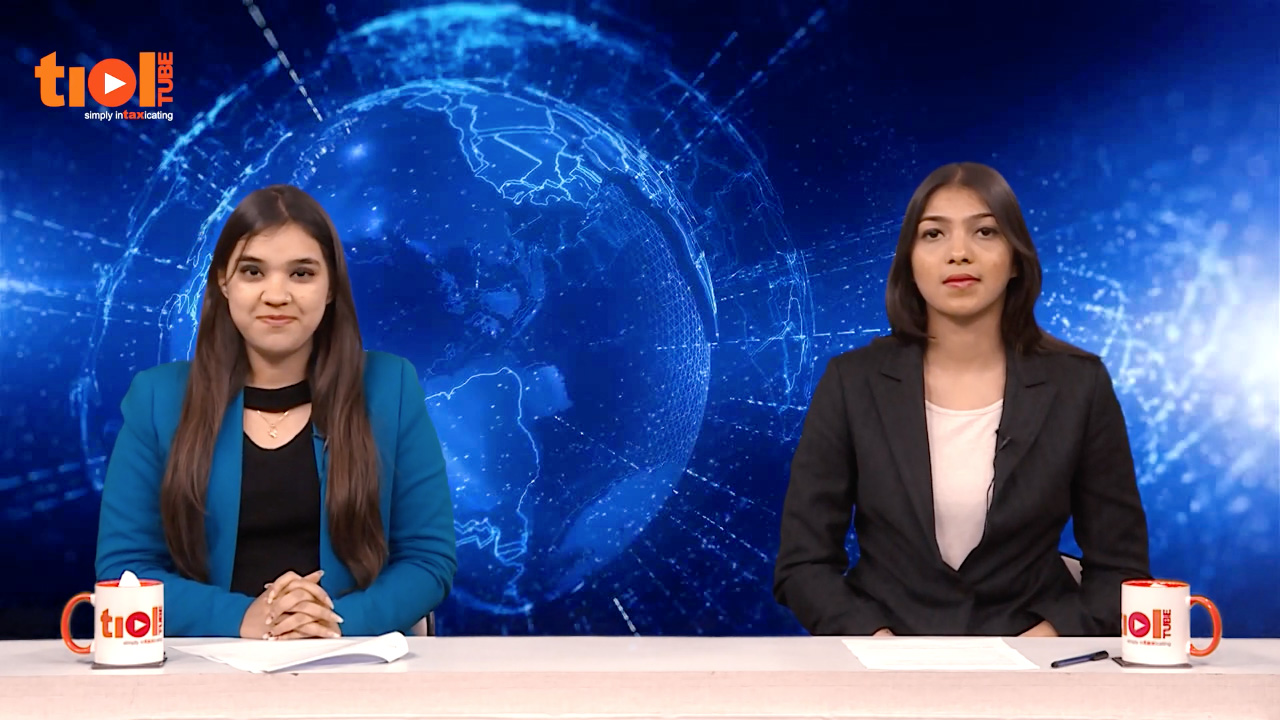| SERVICE TAX
2020-TIOL-118-CESTAT-KOL
Indian Oil Corporation Ltd Vs CCE & ST
ST - Appellant had submitted claims of refund of Service Tax recovered from them by South Eastern Railways towards transportation of petroleum products on the ground that in terms of Notification No. 25/2012 -ST, service by way of transportation in India by Rail of such petroleum goods were exempt from Service Tax - refund granted to the appellant but the Commissioner(A) allowed the Revenue appeal on the ground that for getting refund of tax/duty the primary requirement is that the tax/duty/ should have been paid - Assessee in appeal before CESTAT.
Held: Fact that the recipient of the service is also entitled to file a claim for refund is no longer res-integra - appellant has produced the Ministry of Railway Circular No. TCR/1078/2011/2 dated 26.09.2012 which has clarified at Para 4(xi) that based on the Service Tax Certificate for Transportation of goods by Rail (STTG Certificate) issued by the Indian Railways, customers can claim refund - furthermore, Vide Notification No. 26/2014-C.E. (N.T.) dated dated 27-8-2014, rule 9 of CCR has been amended prescribing STTG Certificate as a valid document for availing credit - therefore, appellant's eligibility for refund of service tax is prima facie sustainable - moreover, refund claim is also not hit by the doctrine of unjust enrichment as per CA certificate produced - impugned orders are set aside and appeals are allowed with consequential relief: CESTAT [para 7 to 11]
- Appeals allowed: KOLKATA CESTAT
2020-TIOL-117-CESTAT-ALL
Satyam Enterprises Vs Commissioner of CGST
ST - Appellant had provided services of cutting of fabric according to the pre-determined shapes, sizes, specifications as designed, on job work basis to one M/s Aero Club, who was engaged in the manufacture of readymade garments - appellant claimed the benefit of Serial No.30(c) of Notification No.25/2012-S.T. dated 20 June, 2012 viz. Carrying out an intermediate production process as job work in relation to - (c) any goods on which appropriate duty is payable by the principal manufacturer, but the same was denied and service tax demand was confirmed - appeal before CESTAT.
Held: If the goods are the one on which appropriate duty is payable by the principal manufacturer, exemption from service tax would be available to the job worker - Though the expression used in Serial No.30(c) of the Notification is 'Payable' and not 'Paid' but definition 2(b) in the notification 25/2012-ST clarifies that word 'payable' would not include nil rate of duty or duty wholly exempted - principal manufacturer is, therefore, required to pay the duty on their final product so as to make the intermediate job worker exempted from payment of service tax - said issue is a factual issue and is required to be verified by the Authorities - impugned order set aside and matter remanded to the original adjudicating authority for doing the needful: CESTAT [para 3]
- Matter remanded: ALLAHABAD CESTAT
CENTRAL EXCISE
2020-TIOL-114-HC-DEL-CX
Ravinder Kumar Vs UoI
CX - The petitioner herein is an informer who intimated the Revenue authorities about suspected fraud being committed in availing of Cenvat credit by an entity - This had resulted in such entity being served an SCN raising duty demand, which was was later confirmed upon adjudication and penalties were imposed too - On appeal, the Tribunal remanded the matter for cross examination of the deponent whose statements had been relied upon - Subsequently, the matter was disposed off by imposing a penalty on the assessee with the duty demand being dropped - Though the order was anti-Revenue, the committee of Chief Commissioners, reviewed the same and decided to drop the demand against the noticees - The petitioner filed the present writ seeking that Revenue be directed to review its order again and penalize the defaulters - The petitioner also sought remuneration for providing information.
Held - It appears that the genuineness of transaction was in question based on the complaint made by the petitioner - However, the fact that the transactions were not genuine was not established since statements taken from the manager of the assessee-company, which supported the petitioner's complaint, had been retracted - Hence there are no merits in the grievance raised by the petitioner: HC
- Writ petition dismissed : DELHI HIGH COURT
2020-TIOL-116-CESTAT-HYD
Vijai Electricals Ltd Vs CCE, C & ST
CX - Section 4 of the CEA, 1944 - Appellants are engaged in the manufacture of electrical transformers and were supplying the goods to various State Electricity Boards spread throughout India - They discharged excise duty without including the freight and insurance charges - Department was of the view that the said amounts are includable in the assessable value - demand issued and the same was confirmed along with penalty and interest - appellant is before the CESTAT.
Held: Issue is whether the freight and insurance charges have to be included in the assessable value when the goods are delivered at the buyers' premises - The facts show that freight and insurance charges are separately quoted in purchase orders and price of goods is agreed to be Ex-Works price - Apex Court in the case of M/s Ispat Industries Limited - 2015-TIOL-238-SC-CX has considered the very same issue and held that the buyers' premises can never be the place of removal - Following the decision in Ispat Industries Limited as well as the decision in the case of KJV Alloy Conductors Pvt. Ltd. - 2019-TIOL-2537-CESTAT-HYD , Bench is of the considered opinion that the issue is settled in favor of the assessee and the freight and insurance charges is not required to be included in the assessable value - demand of duty by including freight and insurance charges cannot sustain - impugned order is set aside and the appeal is allowed with consequential relief: CESTAT [para 6 to 9]
- Appeal allowed: HYDERABAD CESTAT
2020-TIOL-115-CESTAT-MUM
Inox Air Products Ltd Vs CCE
CX - Appellant is engaged in the manufacture of Nitrogen Gas falling under 2804 3000 of CETA, have entered into an agreement dated 24.11.2003 with JSW Steel Company Limited (JSW) for twelve years starting from 19.1.2004 for continuous supply of nitrogen gas on principal to principal basis - The agreement provides for different pricing of Nitrogen emanating from different streams i.e. Rs.1.90 per cubic meter in case of conversion from air and Rs.14.19 per cubic meter in case of conversion from liquid nitrogen - During the period April 2006 to August 2010, the quantum of different streams of nitrogen, supplied to M/s JSW, was 2,06,98,792 (99.56%) and 91,906 (0.44%) cubic meters respectively - As per department, the appellants have procured liquid nitrogen gas @Rs.7 to Rs.10 per cubic meter and sold the same at Rs.1.90 per cubic meter and, therefore, the appellants have undervalued the nitrogen gas sold to JSW and as such transaction value is liable to be rejected and the actual value requires to be re-determined under residuary rule i.e. Rule 11 of the Valuation Rules, 2000 - Department seeks to arrive at the value of the nitrogen supplied by the Appellants to M/s. JSW in terms of Rule 11 of the valuation Rule 2000 and arrived at the value of Rs.7.83 per cubic meter calculating the same at the base value of liquid nitrogen purchased by the Appellants - Demand notice was issued for recovery of differential duty and the same was confirmed along with penalty etc. under the impugned order by Commissioner - Appellant is aggrieved and has filed appeal before CESTAT.
Held: It is not the case of the department that different transaction values do not exist for the product - It is clearly brought out by the Appellants that in terms of the agreement itself, different prices are available for the Nitrogen manufactured from different streams - Bench finds that these two are differently identifiable transaction and as such there is no bar under Section 4(1)(a) of Central Excise Act, 1944 for the existence of two transaction values, although for the same product and for the same receiver - It is not the case of the department that the price paid or payable by M/s. JSW to the Appellants has been suppressed and differential amounts were being paid by M/s. JSW to the Appellants - In the absence of any such evidence the department contention that the sale value adopted by the Appellants do not represent the actual transaction value is not sustainable - SCN and O-in-O have not taken into account the fact that appellants have arrived at the value in terms of Rule 6 of Central Excise Valuation Rules, 2000 - It has also not been brought on record as to why the calculation arrived at by the appellants has not been discussed and disposed off before calculating in a different manner - matter requires to travel back to the Adjudicating Authority to arrive at the correct assessable value - de novo proceedings are to be completed within four weeks: CESTAT [para 12 to 14]
- Matter remanded: MUMBAI CESTAT
CUSTOMS
2020-TIOL-114-CESTAT-MUM
Srithai Superware India Ltd Vs CC
Cus - Assessee had imported "Melamine ware viz Kitchenware and Tableware" by classifying them under CTH 39249090, and had availed the benefit of exemption under Notfn 46/2011-Cus - Subsequent to clearance of goods, revenue found that the goods were correctly classifiable under CTH 39241090 and the benefit under said Notfn was not admissible to them - From the description of goods given on the Bill of Entry and the invoices relating to the import describing the goods as "Pickle Set", "Butter Dish", "Short Tumbler", "Spoon", "Casserole Bowl", the goods were appropriately classifiable under heading 392410 and not under heading 392490 as claimed by assessee - From the plain reading of the Sl No 493 of Exemption Notfn 46/2011- Cus, it is evident that the said exemption is available only in respect of goods classifiable under tariff heading 392490 and not under heading 392410 - Hence the order of Commissioner denying the benefit of exemption under this notification cannot be faulted with - When Commissioner has himself in his order for holding the classification under the heading 392410, referred to description made in the Bill of Entries/ invoices, he cannot be justified in holding the charge of misdeclaration against assessee - For that reason, by giving the correct description on the documents relating to import clearance assessee have discharge the burden of making correct declaration on the Bill of Entry - Hence, any error in classification or the exemption claimed on Bill of Entry cannot be misdeclaration with the intention to evade payment of duty for the purpose of invoking extended period of limitation, same is set aside - The demand which falls within the normal period of limitation needs to be upheld - Only after determining the duty demandable and recoverable within the normal period of limitation, demand of interest under Section 28AA can be made or quantified - While setting aside the demand of interest made under Section 28AA, the interest will be payable in terms of Section 28AA on the redetermined demand - The penalty imposed under Section 114A of Customs Act, 1962 is set aside in view of Apex Court decision in case of Rajasthan Spinning and Weaving Mills Ltd. - 2009-TIOL-63-SC-CX - Matter is remanded back to Commissioner for redetermination and re-quantification of demand which can be made by denying the exemption under Notfn 46/2011-Cus to the assessee within the normal period as provided by Section 28(1): CESTAT
-
Appeal allowed:
MUMBAI
CESTAT |








